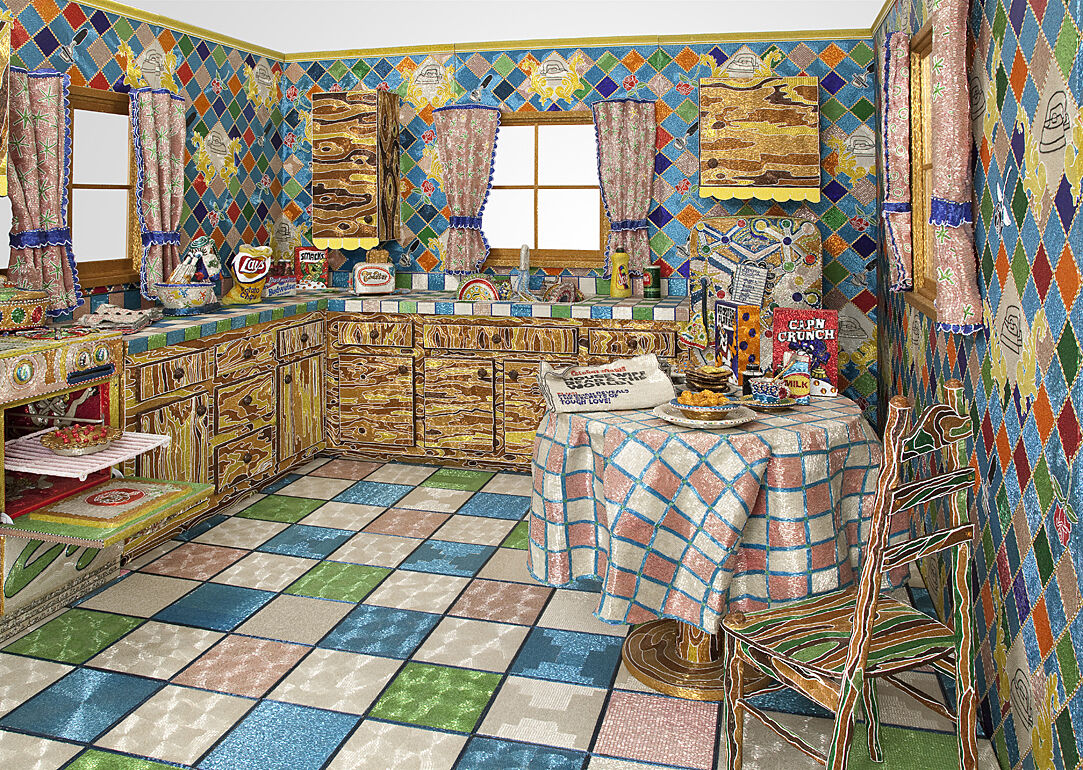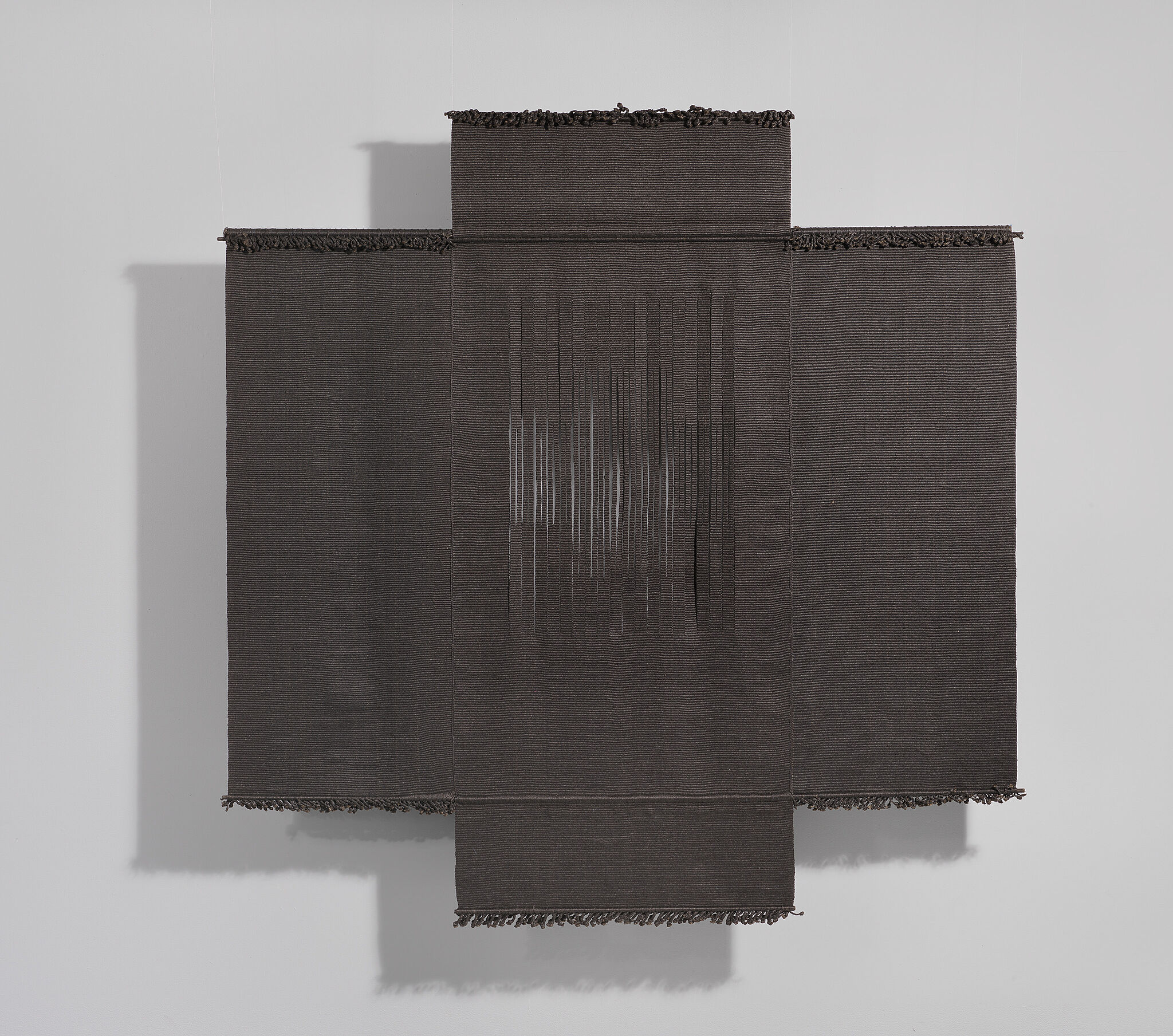Arlene Shechet
1951–
Introduction
Arlene Shechet (born 1951) is an American sculptor known for her inventive, gravity-defying arrangements and experimental use of diverse materials. Critics describe her work as both technical and intuitive, hybrid and polymorphous, freely mixing surfaces, finishes, styles and references to create visual paradoxes. Her abstract-figurative forms often function as metaphors for bodily experience and the human condition, touching upon imperfection and uncertainty with humor and pathos. New York Times critic Holland Cotter wrote that her career "has encompassed both more or less traditional ceramic pots and wildly experimental abstract forms: amoebalike, intestinal, spiky, sexual, historically referential and often displayed on fantastically inventive pedestals … this is some of the most imaginative American sculpture of the past 20 years."
Shechet's work belongs to the public collections of the Centre Pompidou, Metropolitan Museum of Art, National Gallery of Art, and Los Angeles County Museum of Art, among others. She has exhibited at the Whitney Museum, Institute of Contemporary Art, Boston, Frick Collection, Storm King Art Center and Walker Art Center, among other venues. She was inducted into the American Academy of Arts and Letters as a lifetime member in 2023, and received a Guggenheim Fellowship in 2004.
She lives and works in New York City and the nearby Hudson Valley.
Wikidata identifier
Q19509449
Information from Wikipedia, made available under the Creative Commons Attribution-ShareAlike License . Accessed February 27, 2026.
Roles
Artist, sculptor
ULAN identifier
500333623
Names
Arlene Shechet
Information from the Getty Research Institute's Union List of Artist Names ® (ULAN), made available under the ODC Attribution License. Accessed February 27, 2026.


